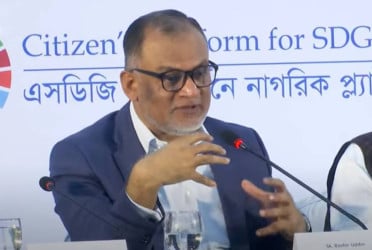The World Health Organization (WHO) has unveiled a groundbreaking study on Tuesday (Geneva local time) identifying 17 pathogens as top priorities for the development of new vaccines. This strategic move aims to address critical global health challenges and reduce the burden of infectious diseases, reads a release.
The study, published in eBioMedicine, prioritizes pathogens based on factors such as disease burden, antimicrobial resistance, and socioeconomic impact. These include both well-known diseases like HIV and malaria, as well as emerging threats such as Group A Streptococcus and Klebsiella pneumoniae.
By focusing on these 17 pathogens, the WHO aims to accelerate vaccine development and ensure that people worldwide have access to life-saving immunizations. The organization's goal is to reduce the impact of these diseases, particularly in low- and middle-income countries where the burden is often greatest.
"This study is a crucial step towards addressing global health disparities and ensuring that everyone, regardless of where they live, has access to life-saving vaccines," said Dr. Kate O'Brien, Director of the Immunization, Vaccines and Biologicals Department at WHO. "By prioritizing these 17 pathogens, we can accelerate vaccine development and deployment, ultimately saving millions of lives."
The WHO's prioritization framework aligns with the Immunization Agenda 2030, which seeks to ensure that everyone, in all regions, can benefit from vaccines that protect them from serious diseases.
The organization's efforts to identify and support the research priorities and needs of immunization programs in low- and middle-income countries are essential to achieving this goal.
As the world continues to face new and emerging health challenges, the WHO's commitment to vaccine research and development is more important than ever. By prioritizing these 17 pathogens, the organization is taking a significant step towards a healthier future for all.
Bd-pratidin English/ Jisan































































